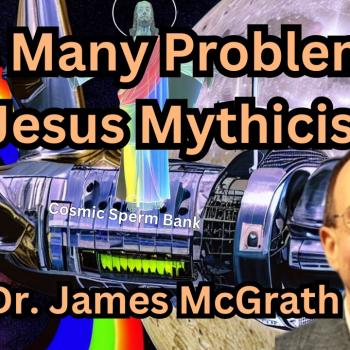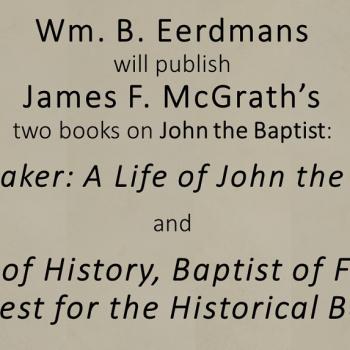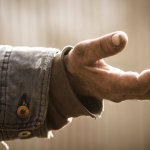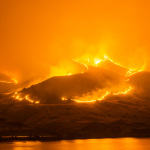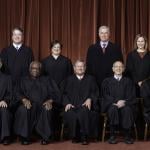 As a result of recent discussions of mythicism, I thought it might be interesting and useful to post a question about the very nature of history. What makes a person or event “historical”?
As a result of recent discussions of mythicism, I thought it might be interesting and useful to post a question about the very nature of history. What makes a person or event “historical”?
At the moment, I am inclined to think that it is, when it comes down to it, really nothing other than the collective judgment of historians that the evidence makes the existence of that person or event probable.
Is there any other way to define what is historical, other than in terms of a collective judgment by experts in history? Isn’t consensus far more intrinsic to the nature of history than it is in the natural sciences, precisely because determining historicity is more akin to a jury (or judge) determining guilt or innocence, than to a chemist testing for the presence of iron or some other element? There are no lab tests for historical authenticity, just the evaluation of experts. One can articulate criteria, but they do not provide foolproof results.
So when it comes to matters of history, it seems as though historicity is decided by the verdict of the “jury” of historians – which, of course, can still be overturned on appeal if new evidence comes to light. And when historians are divided, that will suggest to us that the evidence is in some way ambiguous or insufficient for making a clear determination, or merely open to more than one interpretation. When the historians agree, however, chances are that they are right – but if they are wrong, there is no way to determine that other than by further investigation on the part of historians.
What do you think? What is the nature of history? To what extent would you agree or disagree with what I outlined here?





